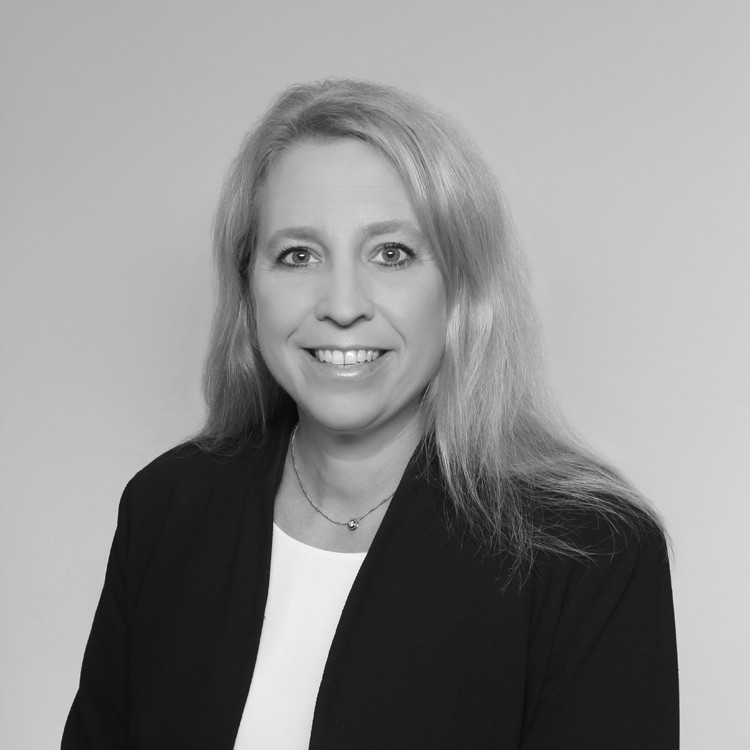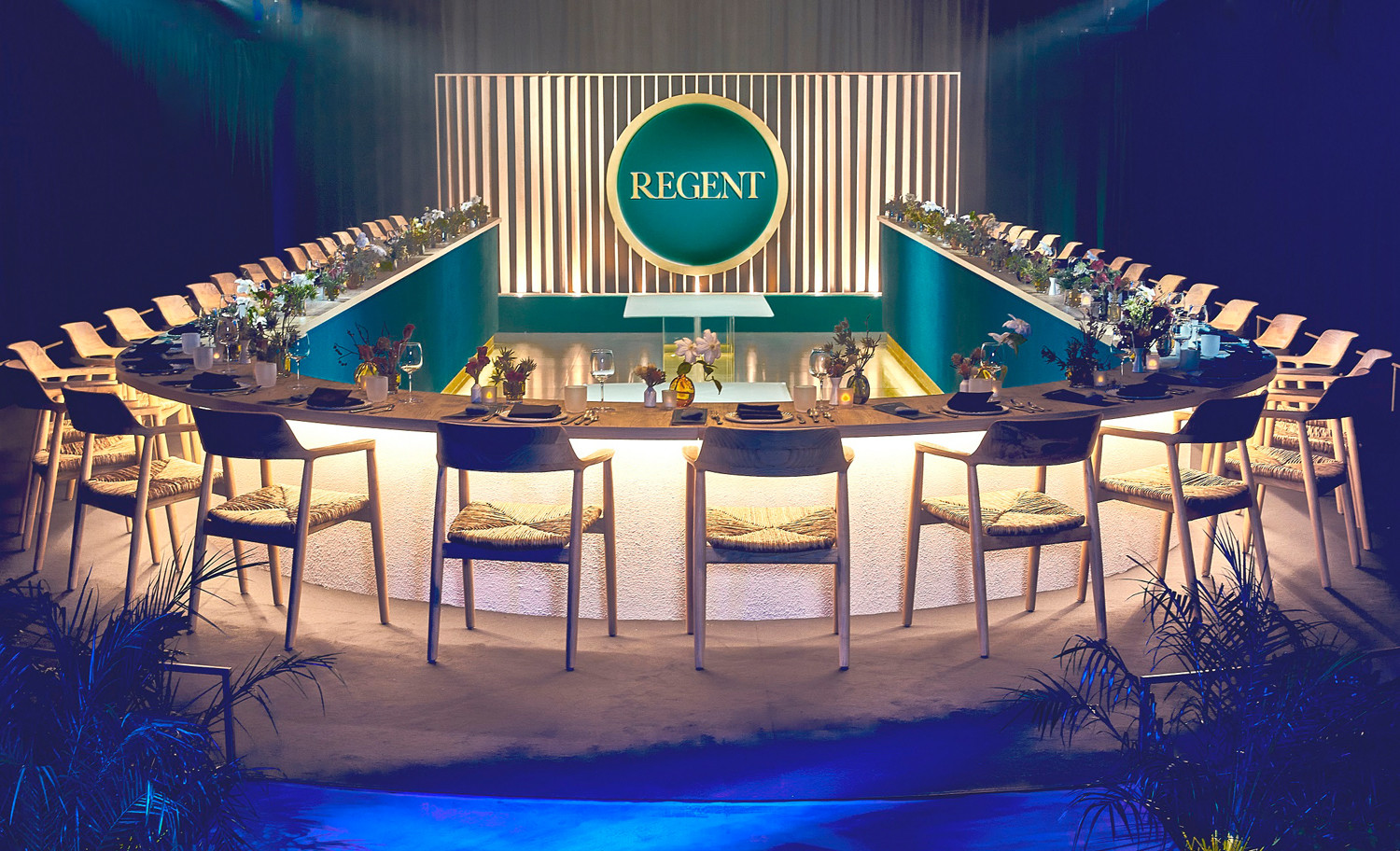Teaching luxury is one of the flowers of education in France. The EIML Paris (École Internationale de Marketing du Luxe) adopted a quite specific teaching perspective, dedicated to marketing and luxury management. With a solid experience encompassing all the codes of the industry, as well as specialisation experiences, young EIML Paris graduates are ready to offer companies high-level skills and fully operational competences. Therefore, students are able to integrate, straight out of school, any prestigious establishment in the luxury industry. Sandrine Poupon, director of the EIML Paris, unveiled for us the teaching specialities of this school, as well as the openings they may led to in an ever-changing and naturally international-oriented world.

Vendom.jobs – Could you present the specific teaching areas of the EIML Paris?
Sandrine Poupon – The specificity of the EIML Paris is to focus on all luxury areas: fashion and accessories, perfumes and cosmetics, jewellery, fine watchmaking, wines and spirits, hospitality, services, etc. We explore all luxury sectors in marketing, communication, digital marketing and distribution.
V.J. - Who are your professors?
S. P. – First and foremost, a teacher at the EIML is required to have not only a background in sectors such as marketing, communication or digital technology, depending on the subject that will be taught, but must also provide at least ten years of relevant experience within luxury establishments. At the EIML Paris, we teach in a very pragmatic way and promote the “learning by doing” approach. Beyond the theoretical aspect, our students acquire practical knowledge, with the help of our professors, whose role is therefore to give them feedback, to share their knowledge of the field and to prepare them for tomorrow’s challenges.
V.J. – How are students integrated on your campus?
S. P. – Students are integrated at various levels: as high-school leavers, during the second year, but most of all during the third and fourth years for the Master programme or for the MBA. An integration week is organised during the first year, allowing students to fully discover the luxury sector, to meet their peers and to discover the Parisian life. The first and second year consist of many courses that mainly focus on general knowledge: art history, film history, fashion history, luxury codes, etc. Marketing courses are taught during the first semester.
For students integrating the school during the third and fourth year, the curriculum starts with bridging courses. We prioritise students coming from either equivalent schools in the luxury sector or from management schools. However – but that is much more unusual – students coming from other programmes can also be integrated through our “validation semester”. These students then follow three-month bridging course.
As for the students integrating our MBA, they come from very varied horizons and are trained with luxury trades and sectors through bridging courses.

V.J. – Which luxury sectors do your graduates head to?
S. P. – The young high-school graduates integrating our school are often fascinated by the fashion world, but their interest evolves during their school years, because the EIML Paris gives them the opportunity to discover and to be trained in other luxury sectors. In the end, less than a quarter of our graduates work in the fashion industry.
Luxury service professions is a sector that is particularly experiencing a full expansion: spas, concierges, communication agencies and consulting firms, etc. Many students also tend towards prestigious savoir-faire industries, like jewellery or cosmetics, in order to integrate a large group. This means that our graduates’ career choices are not fixedly segmented.
Also, the EIML partner companies are present in all luxury sectors, which leaves a wider choice to our students to direct their career path.
V.J. – Yet, didn’t you perceive a loss of interest for service professions because of the crisis?
S. P. – A concept which is strongly connected to luxury is resilience. In fact, the luxury sector is one of the most resilient in the world. The figures recently announced by large groups such as LVMH or Kering prove it. As it is responsive to tendencies, luxury can adapt and rebound quickly. It is a constantly innovating sector, namely thanks to services such as social selling or social media…
V.J. – After turning to digital tools, large luxury brands are increasingly turning towards environmental responsibility. In your view, what will be the subsequent step for the luxury sector?
S. P. – The relationships that large brands weaved with their customers through social media were indeed a tremendous progress for the luxury sector. This relationship was at the heart of this sector’s values, with the main advance being, of course, sustainable development, ethics. However, I believe that in 2021 the first objective will be to find a stability after all the tough and uncertain moments we just experienced. What is also very important for the sector is to tune in to customers’ needs and adequately fulfil them. Young Chinese men or women, millennials, but also higher middle-class Americans represent the current typical profile of luxury clientele. Moreover, while it is true that a larger number of ad hoc initiatives are taken by certain brands, these always coincide, for the time being, with the fields I just mentioned, like social media – when organising virtual fashion shows, for example. 1to1 online sales also strongly increased. At this time, tomorrow’s openings still remain rather vague, as luxury prefers to strengthen its assets in the current context.

V.J. – The term “luxury” is often said to be now overused, mainly for marketing purposes. What is your point of view? What is your definition of luxury?
S. P. – Luxury can have multiple meanings, as it conveys a very positive aspect in its relation with beautiful things – quality, know-how, service requirement, etc. At the same time, however, it presents a more negative facet for some people, as it may embody a somewhat elitist, closed, even futile sphere. The definition of luxury I give my students is that luxury is what arouses emotion and dreams. It seems very important to me, especially in the world we live in, to find this kind of loophole: to accompany in a different, pleasant, and satisfying universe not only luxury brand customers, but customers from all backgrounds.
Luxury is also perceived differently according to its customers. It does not convey the same concept across cultures. In France, we are very attached to large historical brands, expressing a savoir-faire which is rooted in our heritage. In Italy, luxury is very connected to art, assuming a strong aesthetic value. On the other hand, Brazilian or Russian customers will rather give higher significance to its statutory and ostentatious aspect, which shows the success of the person. In China or in the United States, the history around the brand and its storytelling takes precedence over everything else.
V.J. – We were saying that luxury is one of the sectors that quickly overcame the crisis. What advice would you give young people who wish to embark on these careers?
S. P. – Actually, luxury continues to reinvent itself to overcome it: the process is still under way. If this sector adapts so well, it is precisely thanks to the element of dream that it brings, which allows customers and potential customers to escape from a reality still currently difficult, besides being a very flexible industry.
First and foremost, I encourage my students to be agile and proactive, to adapt, and even anticipate. Other qualities sought after by the luxury world are curiosity, open-mindedness and a taste for high standards. From a more pragmatic point of view, the need to master English and other languages seems a basic requirement; in the luxury world, whatever the brand concerned, one must expect to deal with any international community.






